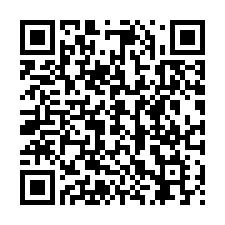 | 009-Surah-Taubah.pdf
Surat Al-Tawbah (Arabic: "The Repentance"), also known as al-Bara'ah ("The Repudiation"), is the ninth chapter of the Qur'an. It contains 129 verses and is one of the last Medinan chapters. It is the only surah of the Qur'an that does not begin with the basmala. This surah was revealed at the time of the Battle of Tabuk. Verse 37 documents the prohibition of nasi, the calculation of intercalation for the lunar calendar by the priests of the Banu Kinanah tribe of the Quraysh. This prohibition was repeated by Muhammad during the Farewell Sermon on Mount Arafat, which was delivered during the Farewell Pilgrimage to Mecca on 9 Dhu al-Hijjah 10 AH. According to Zayd ibn Thabit, when the Qu'ran was first being compiled, he found the last verses of this surah in the possession of Abu'l-Khuzayma al-Ansari and no one else. In another account, Ubay ibn Ka'b informed Zayd that the Prophet taught him the end of this surah and recited the same verses. Some, like Ibn Hazm, suggested that Abu Khuzayma was the only one to have the last verses in written form, as Zayd and others had memorized them. At-Tawba has the Sword Verse (9:5). Arun Shourie has criticized this and many other verses from the Qur'an. He says the sunnah and the hadith are equally evocative in their support of Jihad, which he deems to be the leitmotiv of the Qur'an. At-Tawba also features Verse 29, a verse that appears to promote jihad against "people of the Scripture" and as such is a subject of much debate. --- Updated: 2018-08-18
|


